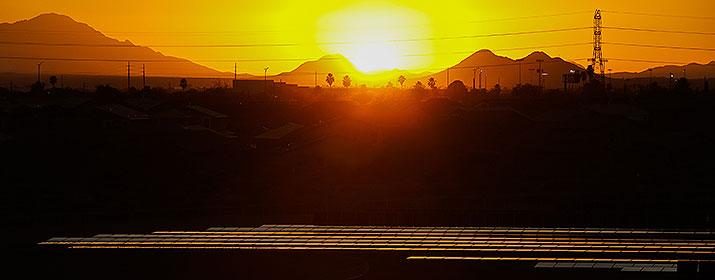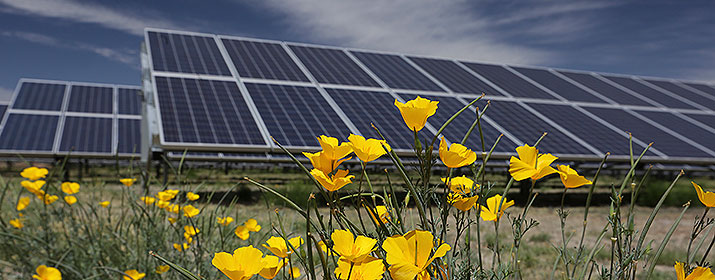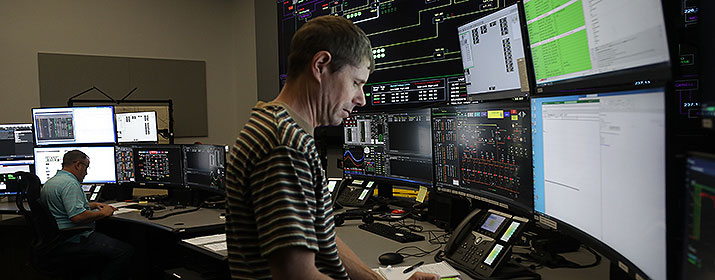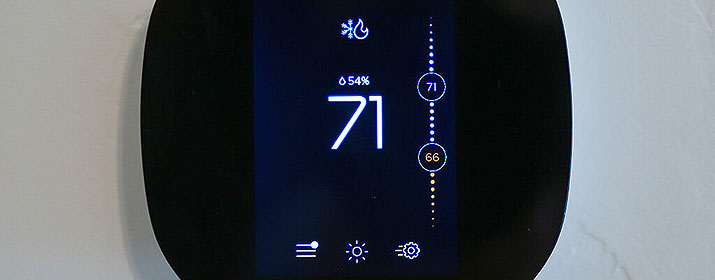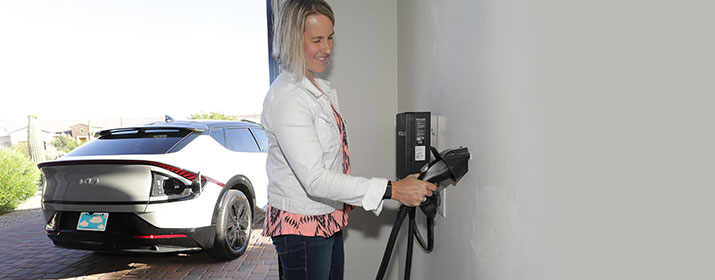
Rebecca Hamlin is proud to be an early adopter of electric vehicles. When the eastside Tucson resident needed to replace her older, high-mileage car last year, she knew her next vehicle would be electric.
“I wanted to do what was best for the environment. That was a priority for me,” she said. “At the time when we were ready to buy an EV – and even now – gas prices were very high, so financially it made sense.”
Soon after she purchased her sporty new Kia EV6, Hamlin decided to install a home charger for greater convenience instead of relying on public charging. A friend who also owned an EV told her about rebates on chargers available from Tucson Electric Power and recommended a licensed electrician who could install the charger.
After purchasing a 40-amp GRIZZL-E Level 2 charger on Amazon, Hamlin had her electrician upgrade the electrical panel in her garage. The whole project, including the purchase of the charger, upgraded panel and installation cost her less than $1,000 – thanks in part to a $300 rebate from TEP.
TEP’s EV rebate program offers residential customers who purchase a qualifying Level 2 charger(s) a rebate of up to $500 (for up to two chargers), depending on the amperage output.
Since Hamlin uses one of TEP’s Time-of-Use plans, she charges her EV once weekly overnight to take advantage of lower rates during super off-peak hours. She estimates her vehicle is fully charged in about five hours, and she hasn’t really noticed a bump in her electric bill from charging.
“Our monthly energy costs seem comparable,” she said. “I do know that we’re saving money from not needing to buy gas and fill up our tank every week.”
Typical weekly fueling costs for conventional vehicles can easily be $50 a week or about $200 a month, considering the Federal Highway Administration reports that the average annual mileage for U.S. motorists is about 13,500 and unleaded gasoline is still hovering around $3.50 a gallon or more. Those costs are in addition to other maintenance costs for conventional vehicles, such as oil changes.
Hamlin says she’s proud to be an early adopter of EVs and feels good about reducing emissions and preserving the environment as she zips around town.
“EVs are still sort of new and different, but they’re quality built. It’s fun to be on the forefront,” she said. According to some reports, up to half of the vehicles on U.S. roads could be EVs by 2030.
“I enjoy the convenience of just plugging in my EV and not needing to worry about gassing up or paying high prices at the pump,” she added. “It was pretty simple and pain-free for us to convert to an EV.”



